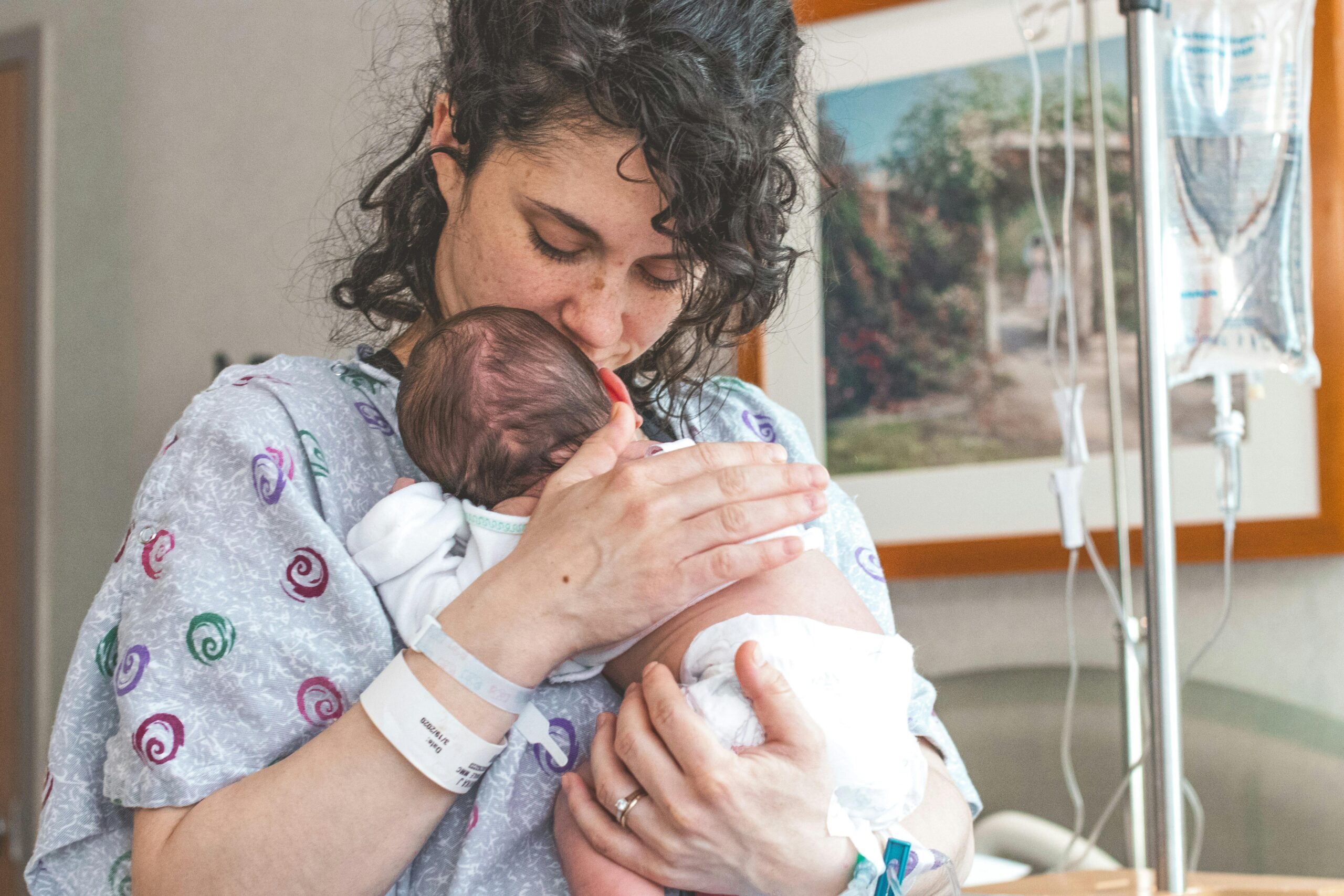
What is a molar pregnancy?
In this article
What's the lowdown?
A molar pregnancy is rare
It is due to the abnormal fertilisation of an egg
There are two types of molar pregnancies, complete and partial
Molar pregnancies cannot survive and grow into a baby and need specialist care
Sometimes, molar pregnancies can result in miscarriage naturally or they need to be treated medically or with surgery
What is a molar pregnancy?
You have probably heard about ectopic pregnancies or miscarriages but have you come across molar pregnancies before? A molar pregnancy is medically known as a hydatidiform mole which occurs when there is a problem with a specific type of cell growing from the fertilised egg. This cells are called trophoblasts and they grow in larger numbers than normal leading to the growth of an abnormal mass1.
During a molar pregnancy, as the egg and placenta do not develop normally, it cannot result in a baby. Genetic imbalance in the fertilisation process is what causes molar pregnancy. They are rare. According to Cancer Research UK, 1 in 590 pregnancies are molar pregnancies1.
Types of molar pregnancy
There are 2 types of molar pregnancy: complete or partial2.
In a normal pregnancy 2 sets of DNA come together. One set is found on the chromosome (the structure which holds DNA) in male sperm, and the other set from the chromosome in the female egg.
In a complete molar pregnancy, one sperm fertilises a faulty empty egg that doesn’t contain a chromosome. As the female DNA is missing, the DNA is completely made up of the paternal chromosomes (just 1 set of DNA). Since this is the case, no baby can develop, only the placenta, which develops abnormally2.
In a partial molar pregnancy, due to abnormal fertilisation with two sperm, the embryo has 3 sets of DNA. Due to this, the foetus cannot survive and develop normally into a baby2.
Can a molar pregnancy cause cancer later in life?
Usually, the molar pregnancy is benign, meaning non-cancerous, but it can sometimes develop into a type of cancer called a choriocarcinoma. Choriocarcinoma is a very rare type of cancer, occurring in 0.002% of pregnancies. There is a higher chance of it occurring after molar pregnancies however it can happen after any pregnancy; weeks, months or even years after. Usually, choriocarcinoma is treated with chemotherapy3.
How to confirm molar pregnancy?
To diagnose a molar pregnancy, your doctor will check for elevated blood levels of the pregnancy hormone, beta-hCG and an ultrasound scan will look abnormal. Molar pregnancies have a characteristic ‘snowstorm appearance’ on an ultrasound.2
How can you know if you have a molar pregnancy?
People may not have any specific symptoms. You might not have any symptoms at all or just regular pregnancy symptoms like nausea, tiredness, tender breasts, changes in smell and so on. If there is no reason to get checked before your first ultrasound scan between 8 and 14 weeks, you might only find out about the molar pregnancy after the scan2.
How to prevent molar pregnancies?
Sadly, there is no way to prevent a molar pregnancy. They are a chance event resulting in incorrect genetic material in the fertilised egg which prevents it from growing healthily.
Is molar pregnancy a miscarriage?
A molar pregnancy is not technically a miscarriage but they can cause a natural spontaneous miscarriage. It is considered a type of pregnancy loss as the pregnancy cannot survive on its own.
How is a molar pregnancy treated?
Unfortunately, your body cannot support a molar pregnancy, so it might result in a natural miscarriage or you may require surgery to remove the pregnancy. However, if detected, your specialist team will talk to you about the options for treatment which is medical or surgical termination of the pregnancy2.
After treatment, you will need to be closely monitored for a while before trying to conceive again. You will have regular blood and urine tests until your beta-hCG levels become normal. If the hormone level does not normalise, you might need further treatment2.
Molar pregnancies do not affect your chances of future pregnancies or children, but please wait until you get the all-clear from your doctor before trying again1.
Just because a molar pregnancy cannot develop into a healthy foetus does not take away from your loss. Pregnancy loss is hard and can take time to come to terms with. The government has recently introduced baby loss certificates for pregnancy losses before 24 weeks to recognise the devastating impact of losing your baby, a step further forward for issues in women’s health. We urge you to take care of yourself, not just the mother but also the partner.
Our medical review process
This article has been medically reviewed for factual and up to date information by a Lowdown doctor.






